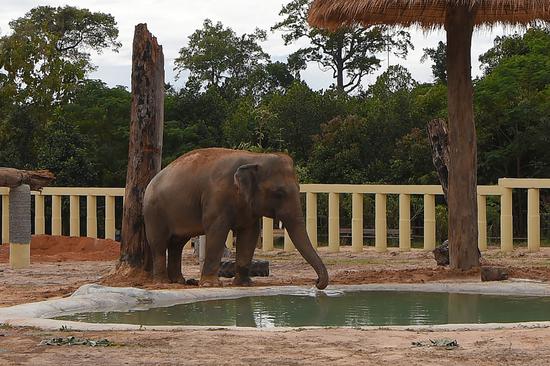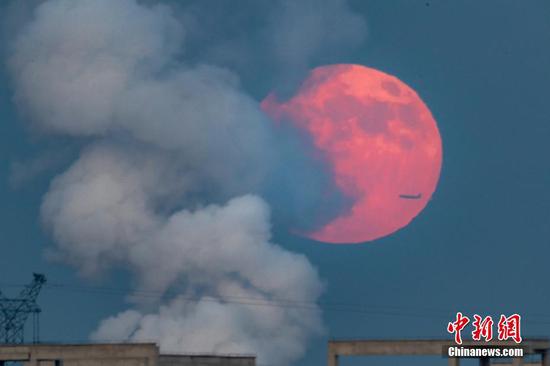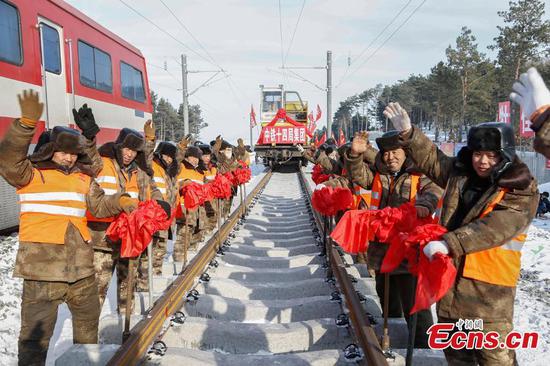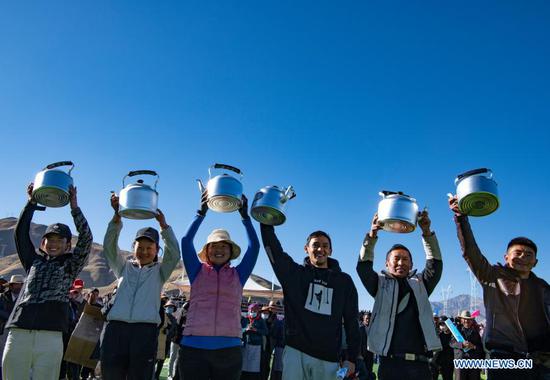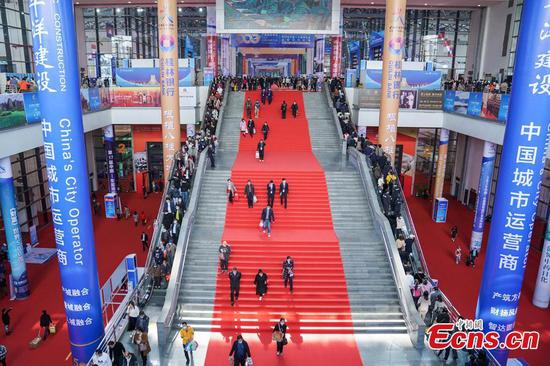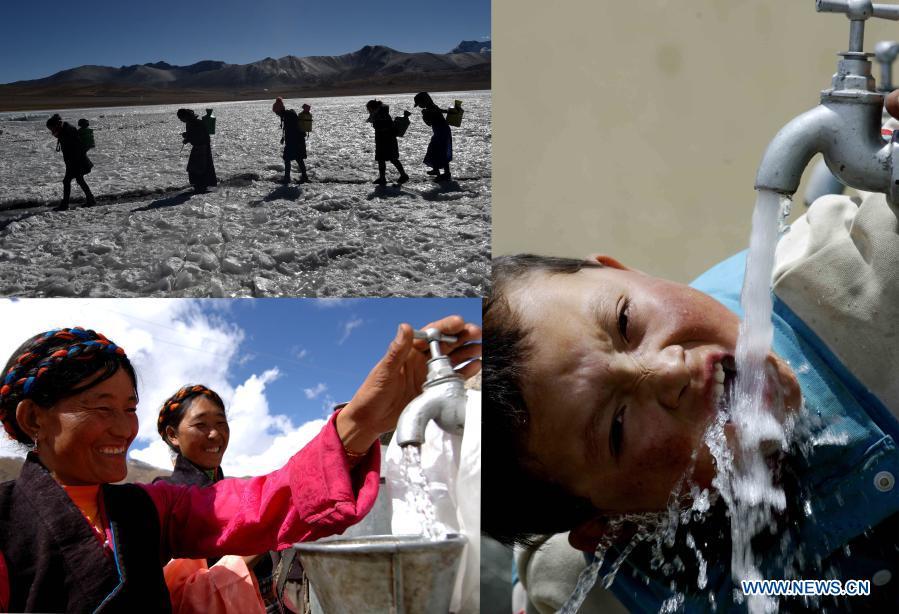
In this combo photo, the upper part shows a resident collecting water from a river in Namco Township of southwest China's Tibet Autonomous Region; the lower part shows a resident carrying drinking water home from a well built under the safe drinking water project in Nyainrong County of Nagqu City, southwest China's Tibet Autonomous Region, Nov. 9, 2011. From 2016 to 2020, Tibet Autonomous Region invested 4.3 billion yuan (about 657 million U.S. dollars) in drinking water projects, improving 17,581 rural water projects. Now, clean drinking water has become a reality for around two million residents. (Xinhua)
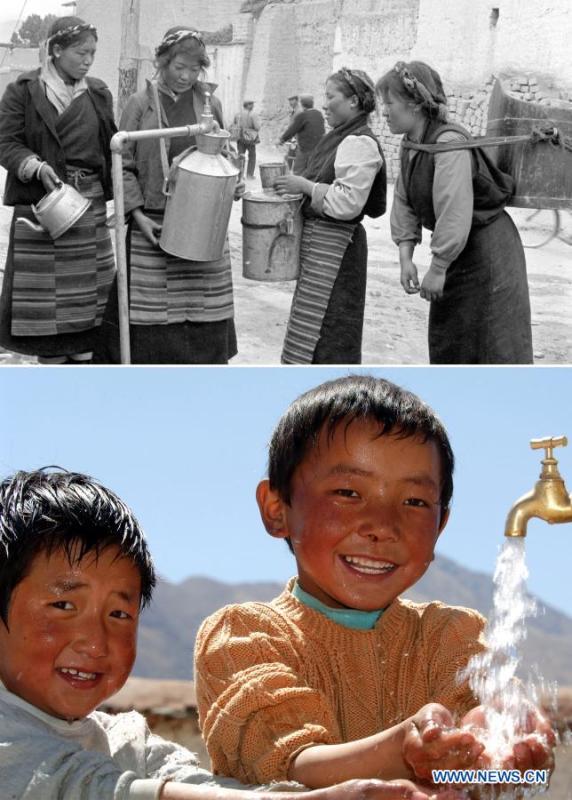
In this combo photo, the upper part shows residents fetching tap water in Gyangze Township of southwest China's Tibet Autonomous Region. Local people used to collect water from sources far away until a small tap water plant was established during the 1980s in the township to provide safe drinking water. The lower part shows children washing up with tap water in Dagze County (now Dagze District) of Lhasa City, capital of the Tibet Autonomous Region. From 2016 to 2020, Tibet Autonomous Region invested 4.3 billion yuan (about 657 million U.S. dollars) in drinking water projects, improving 17,581 rural water projects. Now, clean drinking water has become a reality for around two million residents. (Xinhua)
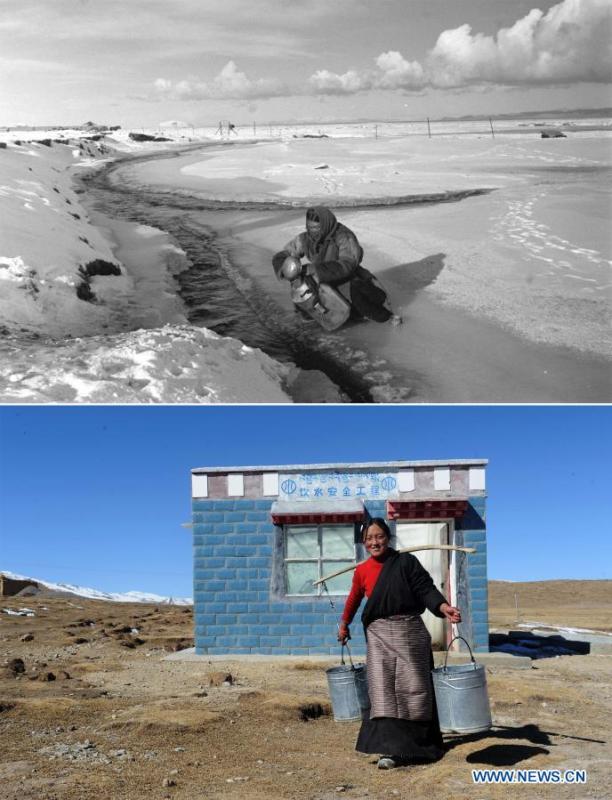
In this combo photo, the upper left part shows residents breaking surface ice for water in a lake in Nagarze County, Shannan Prefecture of southwest China's Tibet Autonomous Region; the lower left part shows famers in Gonggar County of Shannan Prefecture using clean tap water; the right part shows a boy drinking clean water in Sa'gya County, Xigaze Prefecture of the Tibet Autonomous Region. From 2016 to 2020, Tibet Autonomous Region invested 4.3 billion yuan (about 657 million U.S. dollars) in drinking water projects, improving 17,581 rural water projects. Now, clean drinking water has become a reality for around two million residents. (Xinhua)










